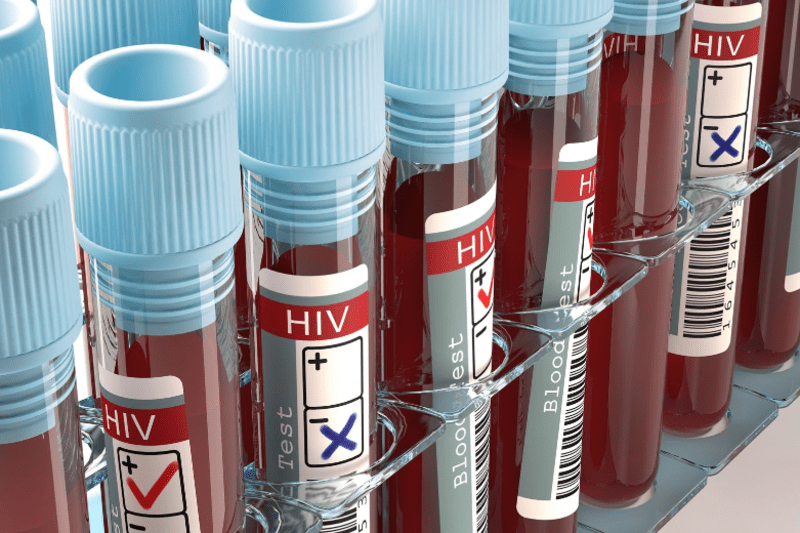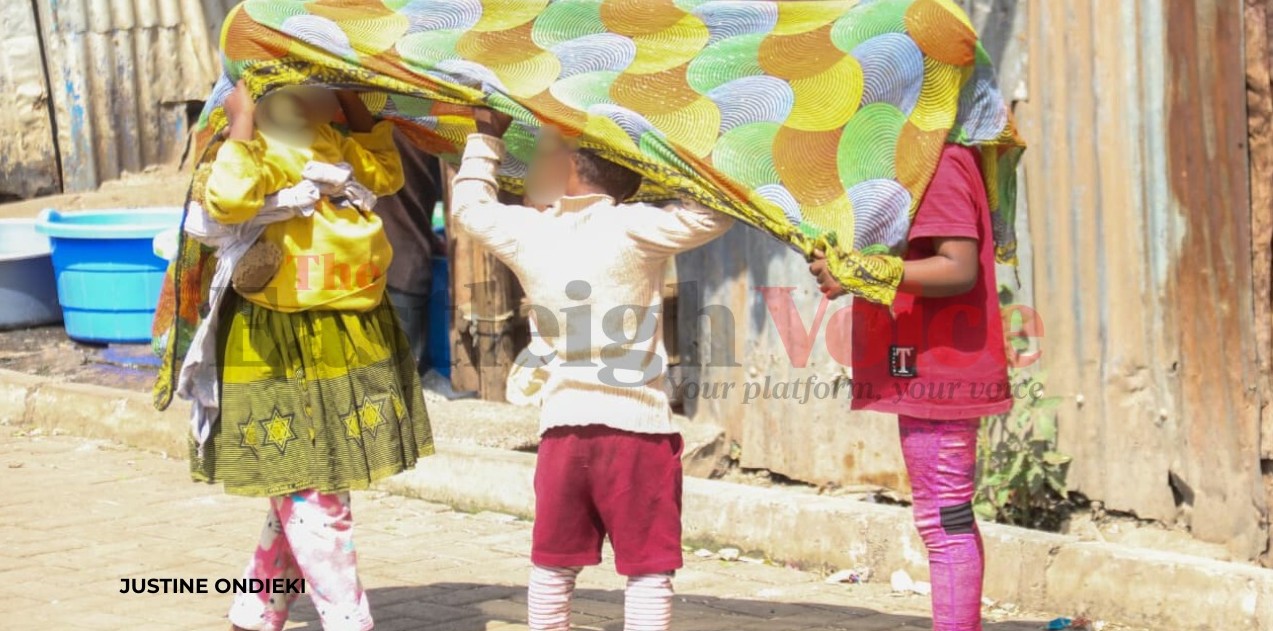Kenya records over 20,000 new HIV infections in 2025 as Nairobi leads in cases

In total, Kenya now has an estimated 1,326,419 people living with HIV, comprising 867,571 females and 458,848 males.
Kenya has recorded more than 20,000 new HIV infections in 2025, with Nairobi County reporting the highest number, according to estimates by the National Syndemic Diseases Control Council.
The figures indicate that women continue to bear the brunt of the epidemic, accounting for the majority of new infections nationwide.
More To Read
- UNAIDS hails Kenya–US health framework as major boost for HIV response
- Kenya's HIV statistics (2024)
- Youth still hardest hit by new HIV infections as Kwale marks World AIDS Day
- Turkana marks World AIDS Day with stark warning over rising HIV infections
- German researchers find highly effective HIV antibody
- High Court upholds ruling against KDF for HIV discrimination in recruitment
The council’s data shows that a total of 20,105 new HIV cases were identified across the country this year. Of these, 13,236 were among females, while 6,869 were among males. Children under 15 years accounted for 4,349 of the new infections, highlighting persistent vulnerabilities in mother-to-child transmission despite high prevention efforts.
“Kenya’s Prevention of Mother-to-Child Transmission (PMTCT) coverage stands at 90.1 per cent, yet the mother-to-child transmission (MTCT) rate remains at 9.26 per cent,” highlighting gaps in achieving full protection for newborns.
Nairobi County led in new HIV infections, reporting 3,045 cases, including 2,113 among females and 931 among males. Other counties with high new infections include Migori with 1,572, Kisumu with 1,341, Mombasa with 817, Siaya with 873, and Homa Bay with 1,180 cases. Counties such as Mandera, Marsabit and Lamu recorded the fewest new cases, with 67, 40 and 36 infections, respectively.
People living with HIV
In total, Kenya now has an estimated 1,326,419 people living with HIV (PLHIV), comprising 867,571 females and 458,848 males. Nairobi remains the county with the highest PLHIV population at 151,916, followed by Homa Bay at 104,317 and Migori at 99,510. In contrast, Wajir County has the lowest number of PLHIV at 701.
The age and sex distribution of new infections shows that adults aged 15 years and older account for the majority of cases, with 15,642 adults newly infected, including 4,609 males. Among children aged 0–14 years, 4,349 new infections were reported, indicating ongoing transmission risks to the youngest populations.
AIDS-related deaths remain a significant challenge, with the council estimating 21,009 fatalities across the country in 2025. Of these, 18,321 were adults and 2,688 were children. Nairobi County reported the highest number of AIDS-related deaths at 1,267, including 401 children. Other counties with high fatalities include Nakuru with 1,698 deaths, Kisumu 1,166, Homa Bay 1,092 and Migori 1,041. Counties such as Marsabit, Lamu and Tana River recorded the lowest deaths, with 32, 30 and 29 fatalities respectively.
Reduce new infections
Experts stress that while progress has been made in expanding HIV testing and treatment, sustained efforts are required to reduce new infections, particularly among women and children. Comprehensive prevention programs, timely treatment and community-level awareness campaigns remain critical to reversing the current trends.
Recently, the Gates Foundation announced a major step aimed at expanding HIV prevention in low- and middle-income countries. Millions more people at risk of HIV will soon have access to a low-cost, generic version of lenacapavir, the world’s first twice-yearly injectable pre-exposure prophylaxis (PrEP).
The initiative is being implemented through a partnership with Indian manufacturer Hetero Labs, supported by upfront funding and volume guarantees to make the treatment affordable at roughly $40 per patient per year, following a short pre-treatment oral regimen.
“Hetero is pleased to partner with the Gates Foundation to create a pathway for the sustainable and affordable supply of lenacapavir,” Vamsi Krishna, managing director of Hetero Group of Companies, said.
“This collaboration reflects our commitment to ensuring access to innovative HIV medicines for patients in India and other low- and middle-income countries.”
Top Stories Today














































